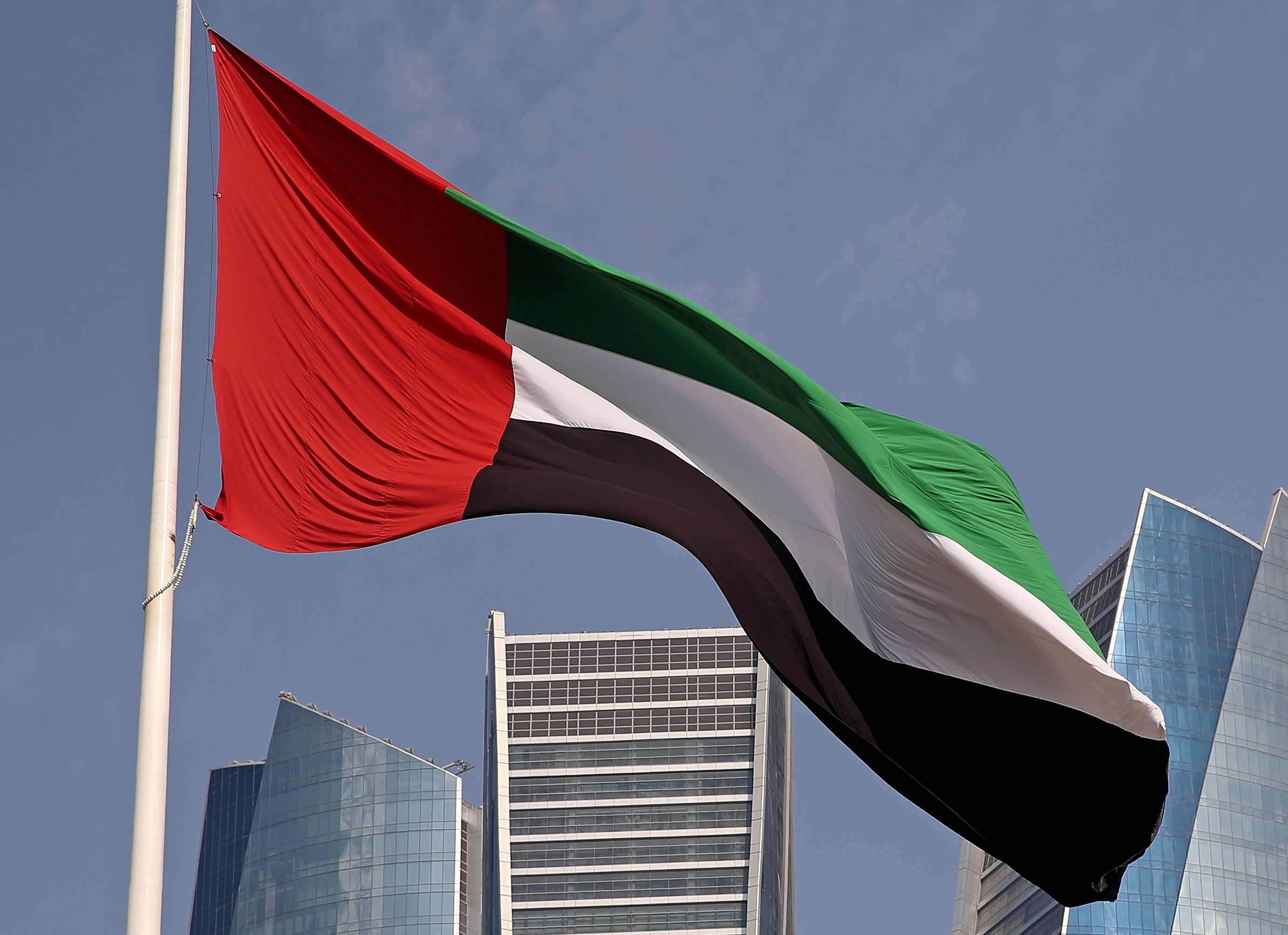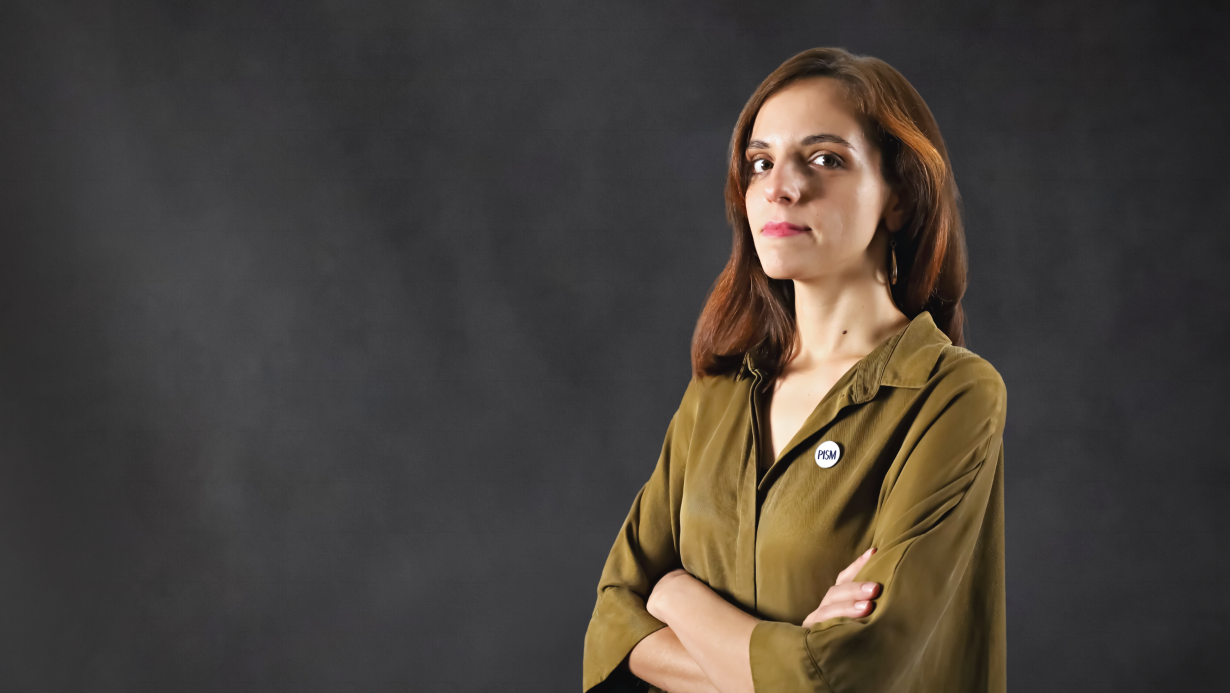The Big Ambitions of a Small State: UAE Foreign Policy

The UAE is a federation of seven emirates—hereditary absolute monarchies—of which Dubai and Abu Dhabi, the richest, play the dominant role. The Federal Supreme Council, the highest constitutional body, consists of the emirs of each of the principalities, with the emirs of Abu Dhabi the president and Dubai the prime minister. Key in shaping UAE foreign policy are concerns about the stability of the authoritarian regime resulting from the popularity of Islamist movements criticising Arab monarchies after the Arab Spring of 2011. This was expressed in the campaign of arrests in the UAE in 2012 during which 94 members of the Al-Islah party (the Emirati faction of the Muslim Brotherhood, the MB), the most important opposition group in the country, were taken into custody. To reduce the threat to the longevity of their rule, the UAE authorities are strengthening relations with countries hostile to Islamist movements. The state also aims to strengthen its economy. Alliances in the region and a strong economic position are expected to help the UAE create a counterbalance to the strengthening religious and democratic movements in the Middle East.
UAE Policy in the Region
The UAE builds its alliances around hostility towards Islamist groups, Iran, and efforts to stop the democratisation of the region. This influenced the decision to support the military coup in Egypt in 2013 against President Mohamed Morsi, an MB politician and the first democratically elected president of the country. Since the reestablishment of a military dictatorship that fights the MB (in 2014, the Freedom and Justice Party, the Egyptian branch of the Brotherhood, was dissolved), the UAE has intensified investments and economic cooperation with Egypt. In November 2019, the countries announced the creation of a joint investment fund worth $20 billion. The UAE and Egypt provide military and financial support to Gen. Khalifa Haftar and his Libyan National Army (LNA) which is opposed by the MB-affiliated and UN-recognised government of Fayez al-Sarraj. This intensifies the rivalry with Turkey, which supports the MB and al-Sarraj. The UAE also expressed interest in joining the East Mediterranean Gas Forum (EMGF, which will limit Turkey’s gains from the gas trade) and condemned Turkey’s support for al-Sarraj along with France, Greece, Cyprus, and Egypt. These actions are intended to counterbalance Turkey’s influence in the region. To the same end, the UAE began the gradual normalisation of relations with Syrian President Bashar al-Assad. In 2018, the Emirates’ embassy in Damascus resumed operations, and in June reports emerged that the UAE has been training Assad’s intelligence officers. The Emirates was also the initiator of the blockade of Qatar, which maintains close relations with Turkey and Iran, in confederation with Saudi Arabia, Egypt, and Bahrain in 2017.
In recent years, the UAE has also taken measures to make it more independent from its key partner in the region, Saudi Arabia. The alliance of these two countries is based primarily on limiting the influence of Iran and parties that threaten the Arab monarchies. In 2011, they intervened militarily to stop the protests in Bahrain in the wake of the Arab Spring, and in 2015 the UAE joined the coalition led by Saudi Arabia in Yemen, which fights Houthi militias supported by Iran. Both countries were also against the 2015 nuclear deal with Iran. However, the UAE’s withdrawal from Yemen in 2019, rapprochement with Assad, and growing involvement in the affairs of the region indicate that the state is decoupling its regional policy from Saudi Arabia. In addition, the agreement concluded this summer between the UAE and Israel strengthens the Emirates in relations with the U.S. and allows it access to the most advanced American military technologies.
UAE Politics in the World
The U.S. remains a key non-regional ally of the Emirates. Relations between the countries weakened after President Barack Obama signed the nuclear agreement with Iran (JCPOA). However, the policy of “maximum pressure” on Iran and President Donald Trump’s support for authoritarian regimes in the Middle East has restored close relations between the states. In 2017, the UAE and the U.S. signed a new security cooperation agreement, and another one in defence in 2019. There are about 5,000 American troops in the UAE, and 68% of the weapons imported by the Emirates in 2015-2019 came from the U.S. However, in 2019, the lack of a firm American response to the Iranian attack on the Saudi Aramco refinery indicated that the Trump administration is reluctant to take armed action against Iran and that it seeks to reduce engagement in the Middle East. As a consequence, in July 2019, the UAE, whose resource-based economy depends on the security of trade routes in the Gulf—86% of Emirates’ oil was exported through the Strait of Hormuz in 2018—signed an agreement with the Iranian border guard, and the Emirati-Iran border committee resumed its activities after six years.
To strengthen its economy, the UAE introduced changes encouraging foreign institutions to invest in the country and initiated activities aimed at diversification. In 2019, they designated 122 types of business activities in which 100% foreign ownership is possible (until now, at least 51% of the shares had to be owned by a UAE national) in sectors such as agriculture or science and technology. The UAE was also one of three countries that concluded the most international investment treaties in 2019. The prestigious nature of investments for the transformation of the economy into a knowledge-based and innovative economy (as indicated in the strategic documents “Vision 2021” and “UAE Centenary–2071”) is to strengthen cooperation with Asian leaders of new technologies. The low percentage of Emirati scientists (only 0.8% of Emirati students completed doctoral studies in 2017) makes the success of the transformation of the UAE economy dependent on foreign partners. The UAE is therefore cooperating with Japan and India, the largest recipients of Emirati exports (in the space and artificial intelligence industry), South Korea (in nuclear energy and 5G technology), and China. The UAE has been the most important destination for Chinese foreign direct investment since 2015, and in 2019, the UAE and China signed 16 agreements to strengthen energy, security, and investment cooperation.
Conclusions and Perspectives
The purpose of the UAE’s foreign policy is to ensure the durability of the ruling monarchy and to strengthen authoritarian, anti-Islamist regimes in the region. This intensified the rivalry with Turkey and Qatar, who support the MB. At the same time, while weakening Iran’s influence is in the UAE’s interests, they seek to reduce tensions with the country in order to strengthen the Emirates’ control over the Gulf shipping routes. The weakening of the dispute with Iran also serves to improve relations with Assad and the strengthening of the Emirates in Syria counteracts Turkey, which has become the biggest rival of the UAE in the region. This indicates that combating Islamist movements is a more important goal for the UAE than weakening Iran’s influence, which could lead to disputes between the Emirates and Saudi Arabia.
A risk stemming from the UAE’s activity in the region is increased tensions in the Mediterranean area related to the dispute with Turkey. Another danger of the rivalry between the UAE and Turkey is the consolidation of authoritarianism in the region and the reinforcement of Islamist movements as the only alternative for them. The domination of these power models on the Middle East political scene makes it difficult for moderate movements to gain a voice and deepens the region’s destabilisation, which is detrimental to the EU.
The pursuit of the Union’s interests in the Middle East is hampered by the lack of a coherent policy towards the UAE (e.g., with regard to the sale of weapons to the Emirates and their involvement in Libya) and its limited role in economic cooperation with the state. The EU strategy along with the office of special representative for the Persian Gulf could be tools facilitating the conduct of a common policy towards the UAE by Member States. The representative could negotiate with the UAE on its support for future talks on a nuclear deal with Iran, especially in light of the Emirates’ easing of its stance on Iran. The EU could also consider greater participation in the transformation of the Emirates’ economy (particularly in science) to prevent Asian states from completely dominating cooperation with the UAE in the field of new technologies, especially in view of China’s predisposition towards authoritarian regimes suppressing democratic opposition.


